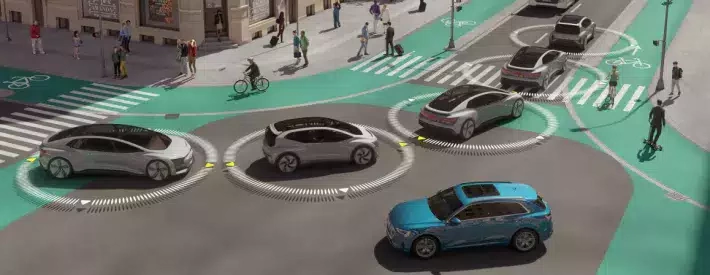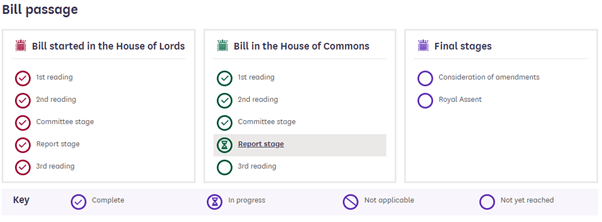How the Automated Vehicles Bill will impact automotive skills and regulations

As the Automated Vehicles Bill progresses through its Report stage in the UK Parliament, its implications extend far beyond the legal framework for self-driving cars on our roads. This legislative milestone is poised to significantly impact the skills required in the automotive sector and introduce new regulatory considerations that professionals need to anticipate and understand.
A new era of skills development
The shift towards automated vehicle technology necessitates a re-evaluation of the skills and competencies that automotive professionals must possess. The integration of advanced electronics, sensors, and software in automated vehicles introduces complexities that challenge traditional automotive skill sets. As a result, there's an urgent need for upskilling and reskilling in the industry to ensure that technicians, engineers, and other professionals can effectively work with these technologies.
For the IMI, this means advocating for and developing training programs that are aligned with the needs of a rapidly evolving sector. It involves creating pathways for continuous learning that encompass new areas such as cybersecurity, data analytics, and software engineering, all of which are becoming increasingly critical in the context of vehicle automation.
Regulatory implications and industry preparedness
The Automated Vehicles Bill not only sets the stage for the safe deployment of self-driving cars but also signals the onset of new regulatory landscapes for the automotive industry. These regulations will likely encompass vehicle safety standards, data protection measures, and liability issues, among other areas. For industry stakeholders, staying informed about these regulatory changes and understanding their implications is paramount to ensuring compliance and securing a competitive edge.
Moreover, the bill's progression underscores the importance of industry collaboration in shaping policies that are both practical and conducive to innovation. It presents an opportunity for professionals, through platforms like the IMI, to engage with policymakers, contribute to the dialogue on automation, and influence the development of standards that reflect the realities of technological advancements.
What it means for you
The advent of automated vehicles brings with it a wave of opportunities for business growth, technological innovation, and enhanced road safety. However, to fully capitalise on these opportunities, the industry must proactively address the skills gap and prepare for the regulatory shifts ahead.
The IMI is at the forefront of this effort, working to equip our members with the knowledge and tools necessary to navigate the changes brought about by vehicle automation. Through advocacy, education, and collaboration, we are committed to ensuring that the automotive sector remains vibrant and competitive in the era of automated vehicles.
The Automated Vehicles Bill is more than just legislation; it's a harbinger of change for the automotive industry. As it moves through the Report stage, its implications for skills development and regulatory frameworks become increasingly clear. For the IMI and its members, this is a call to action—to embrace the challenges and opportunities of automation, to advocate for supportive policies, and to invest in the skills that will define the future of transportation.
In doing so, we can ensure that the automotive industry not only adapts to the changes ahead but thrives, leading the charge towards a safer, more efficient, and innovative future on our roads.

Follow the Bill’s passage at Automated Vehicles Bill [HL] - Parliamentary Bills - UK Parliament




